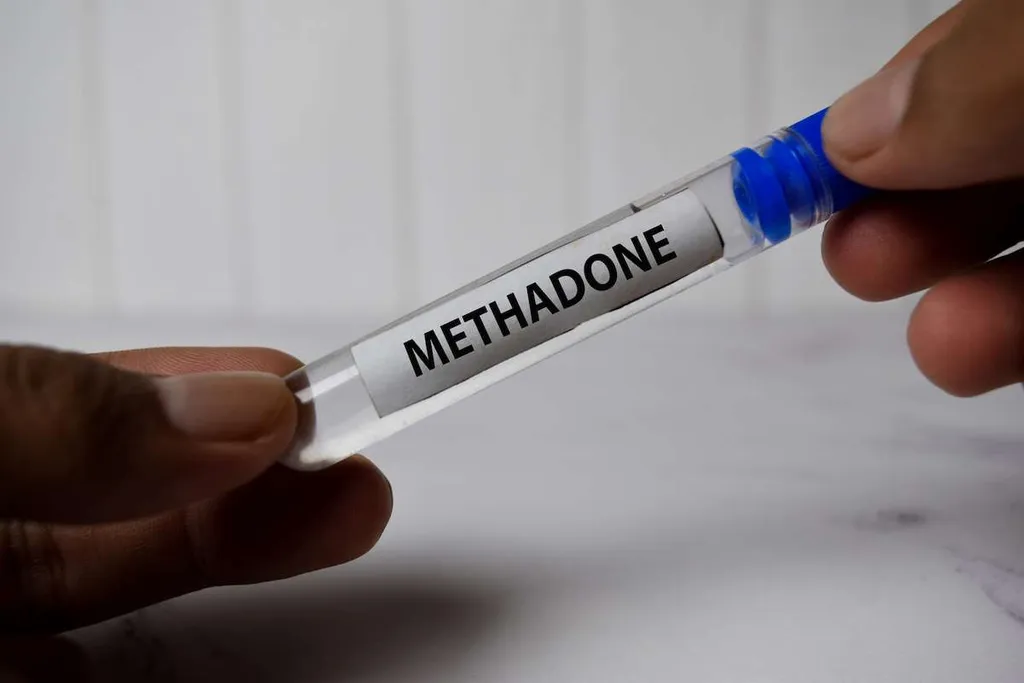Role of Cannabidiol in the Therapeutic Intervention for Substance Use Disorders

However, further preclinical and clinical studies are necessary to confirm the potential for CBD as an intervention for the treatment of drug abuse disorders. It should be mentioned that its efficacy depends upon a wide range of factors such as the sequence of injection, administration route, and dosage/dose ratio. The studies reviewed in this article sought to consistently ascertain the tolerability profile of CBD when administered to the animal and human subjects.
Addiction Therapy Programs
- One of hundreds of components in marijuana, CBD does not cause a high by itself.
- The flower of the plant processes and the sticky residue called trichomes are extracted using heat, CO2, or other mechanical methods.
- Addiction to marijuana is a chronic, relapsing disorder, which is becoming a prevalent condition in the United States.
- Our brains are filled with “cannabinoid” receptors known as CB1 and CB2 receptors.
- In a 2018 study, CBD appeared to have neuroprotective effects on rats with diabetes, including helping preserve their memory and reducing nerve inflammation.
- If you are taking other medications, CBD can impact their efficacy, and your doctor may need to reevaluate the dose you are taking.
BD’s mechanisms differ significantly from substances that lead to addiction, providing a foundation for understanding its physiological safety. As with any supplement, it’s crucial to consider individual health conditions and potential interactions with medications. Additionally, a modest 2016 study demonstrated that, unlike active THC, which induced notable physical and psychological effects like an accelerated heart rate and euphoria, CBD had no impact on heart rate, blood pressure, or cognitive function. In recent years, cannabidiol, or CBD, has garnered significant attention for its potential health benefits.

How Much CBD to Relax? 4 Products That Work

Unlike its more well-known cousin, THC, CBD does not cause any psychoactive effects, meaning it won’t get you high. It’s no secret that cannabidiol (CBD) has become a popular natural remedy for a variety of ailments. But there is still much to learn about its potential long-term effects on the body. In this article, we’ll explore the potential risks and benefits of using CBD, and whether it is addictive. Some people have been using cannabidiol to calm spasms during epileptic fits. The New England Journal of Medicine also published a study lately saying there is some evidence it may be effective during epileptic seizures.

Craving (Fig.
- All these potential therapeutic actions of CBD are due to its multiple pharmacological mechanisms.
- But they also caution that more research in people is needed to understand how CBD may affect fertility.
- In morphine-dependent rats, CBD’s impact on THC-induced attenuation of morphine abstinence syndrome was investigated.
- Thanks to new technology and instant access to thousands of testimonies, we can finally investigate CBD’s potential analgesic benefits.
- Let’s learn about addiction and how it works to figure out if CBD joins a non-addictive club.
Authors of a 2012 review found evidence that CBD may help prevent the spread of some types of cancer. The compound appears to suppress the growth of cancer cells and promote their destruction. Research suggests that CBD may also help treat complications linked to epilepsy, such as neurodegeneration, neuronal injury, and psychiatric diseases. In 2014, a rodent study showed that CBD might help people retain the ability to recognize familiar faces. Two of the compounds in marijuana are delta-9 tetrahydrocannabinol (THC) and CBD.

Importantly, these effects were abolished by the blockade of CB2R, 5HT1a and TRPV1 suggesting their functional implication. Furthermore, in vivo microdialysis revealed a CBD-mediated reduction of cocaine-induced increases in extracellular dopamine in the NAcc (Galaj et al., 2020). Our laboratory was is cannabidiol addictive the first to publish relevant data regarding the effects of CBD on ethanol reinforcement, motivation, and relapse in C57BL/6J male mice. Voluntary ethanol consumption (VEC) and oral ethanol SA procedures were employed. First, VEC was evaluated in a two-bottle choice paradigm in which mice were repeatedly administered with different doses of CBD (30, 60 and 120 mg/kg, i.p.).

The experiment demonstrates CBD’s biphasic nature and opens the door to other possible uses for Epidiolex or hemp-derived CBD products. While we now know those substance use claims were exaggerated, Yale Medicine warns that it’s still possible to become dependent on THC. If you consume high-THC cannabis while using CBD daily, make sure to monitor your consumption. CBD is biphasic, meaning https://ecosoberhouse.com/article/relapse-prevention-plan-how-it-can-help-you-stay-on-track/ cannabidiol starts to lose its effectiveness once you exceed a specific dose or “sweet spot.” Consequently, the effects of CBD are often weaker in larger amounts – contrary to conventional wisdom. However, Greenspoon reminds us that the Food and Drug Administration doesn’t regulate hemp-derived CBD supplements.
Also, withdrawal-related signs were analyzed after the abrupt cessation of CBD chronic administration. Interestingly, CBD did not induce CPP, oral SA or withdrawal-related signs, findings that suggested the lack of rewarding effects of CBD (Viudez-Martínez et al., 2019). Moreover, CBD presents an excellent safety profile supported by both animal and clinical studies (Bergamaschi et al., 2011; Iffland and Grotenhermen, 2017; Taylor et al., 2018). Proof of this is the recent marketing of the drug Epidiolex®, a 99% pure oral CBD extract for the treatment of refractory childhood epilepsies (Lennox-Gastaut alcoholism symptoms and Dravet syndrome) (Sekar and Pack, 2019; Raucci et al., 2020). Likewise, nabiximols is another marketed formulation containing CBD and THC (25 and 27 mg/ml, respectively) under the trade name Sativex®. Nabiximols is an oromucosal spray widely employed for the treatment of muscle spasticity in multiple sclerosis patients (Patti et al., 2016; Giacoppo et al., 2017).
